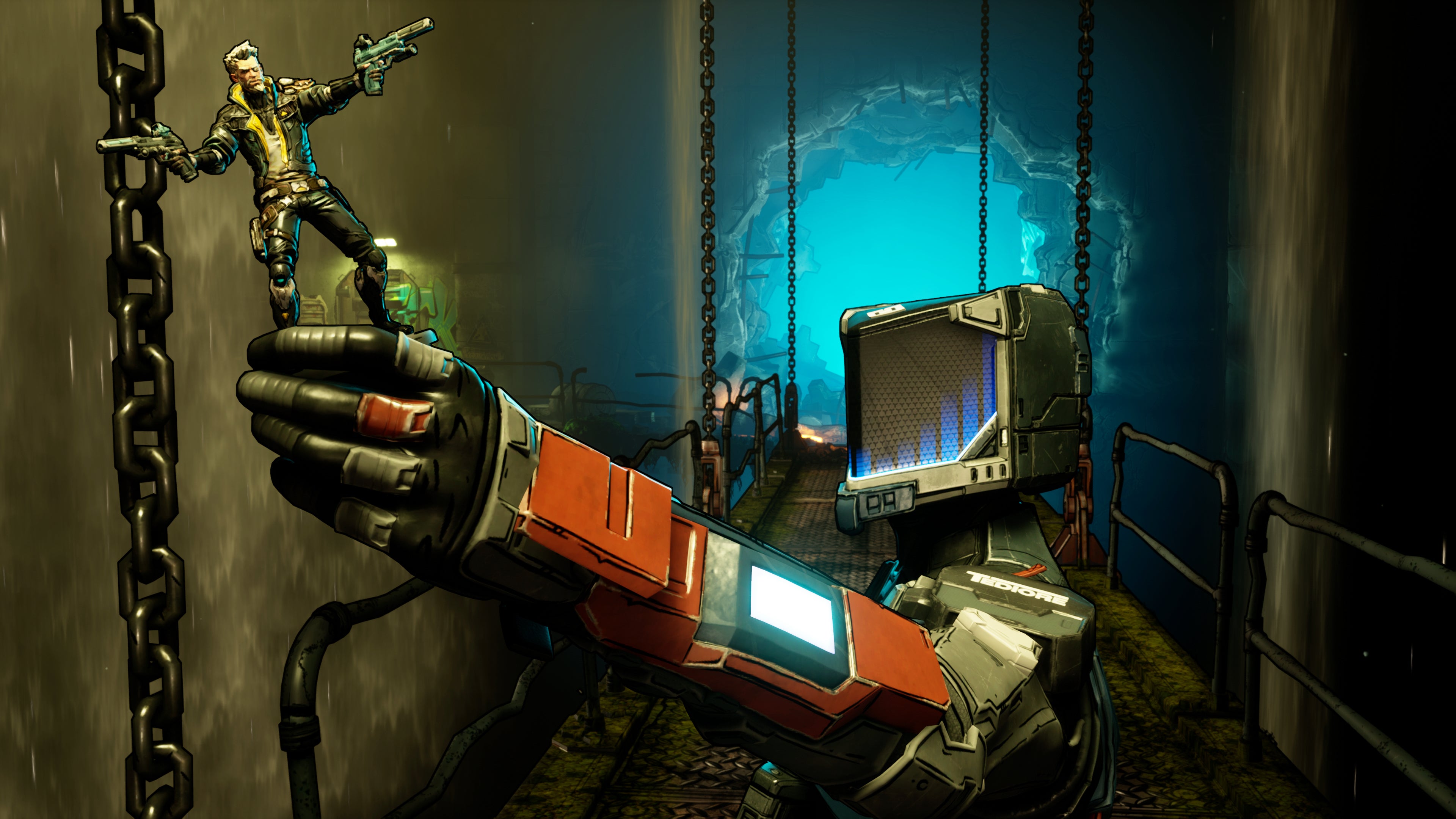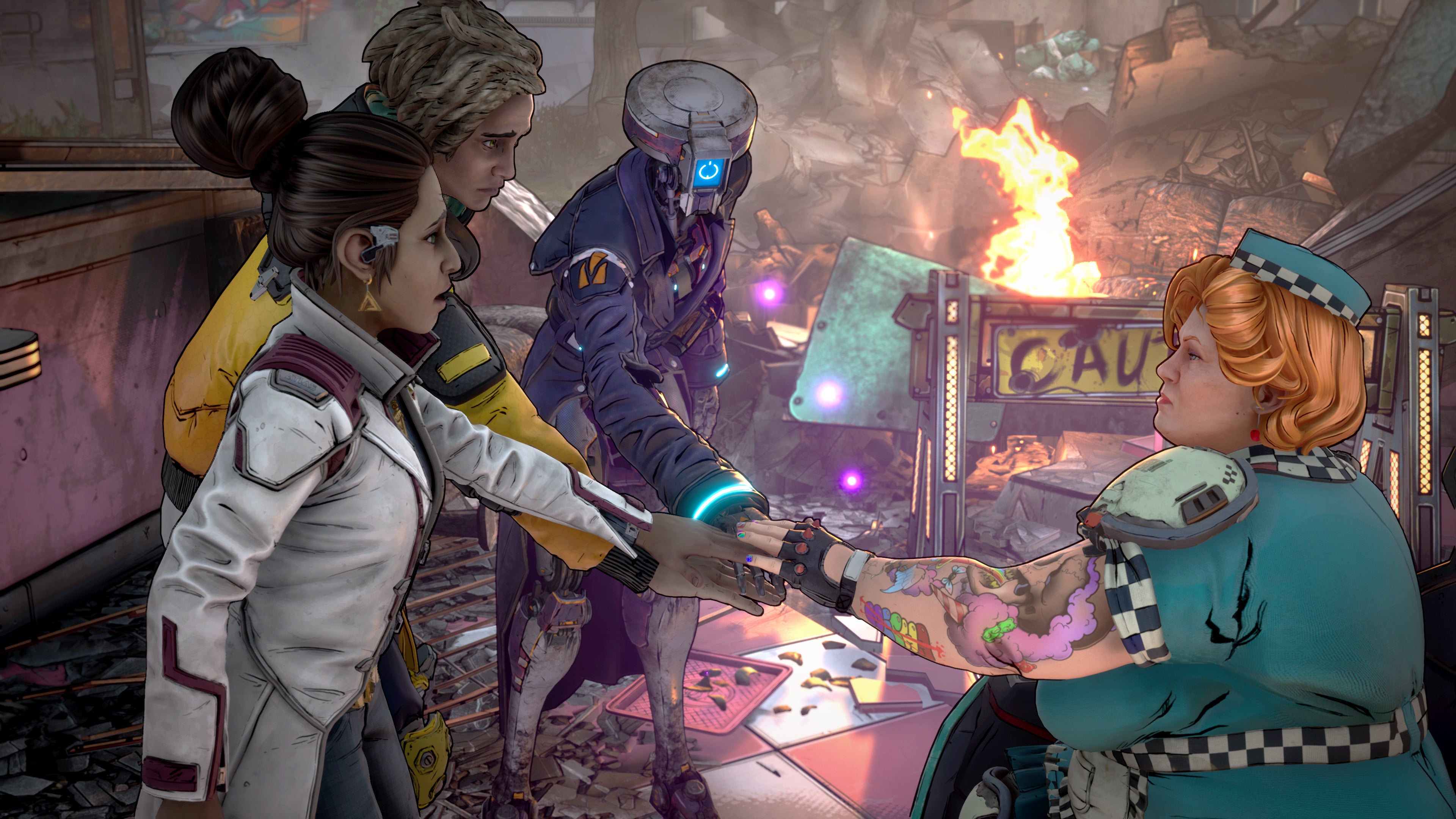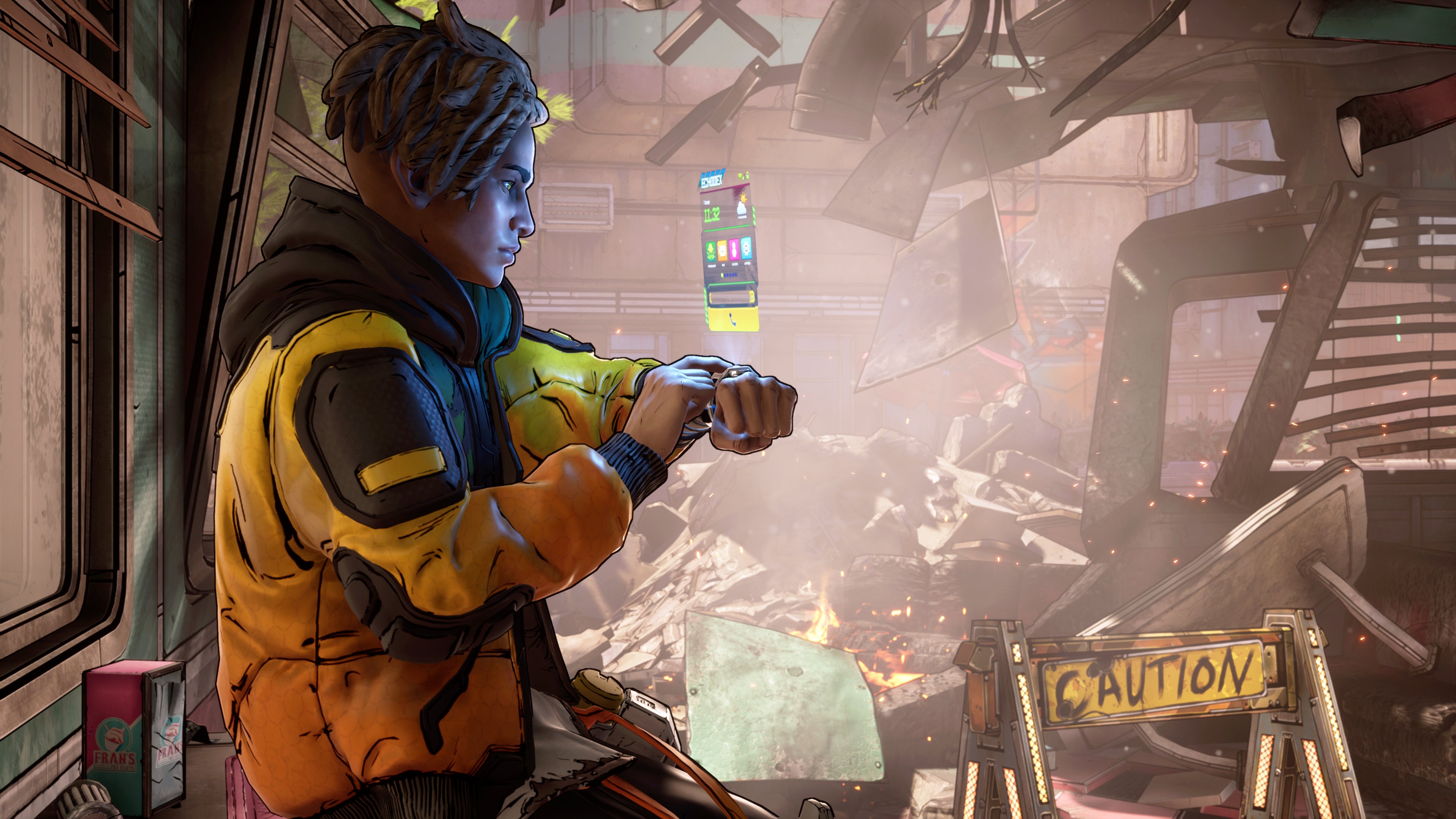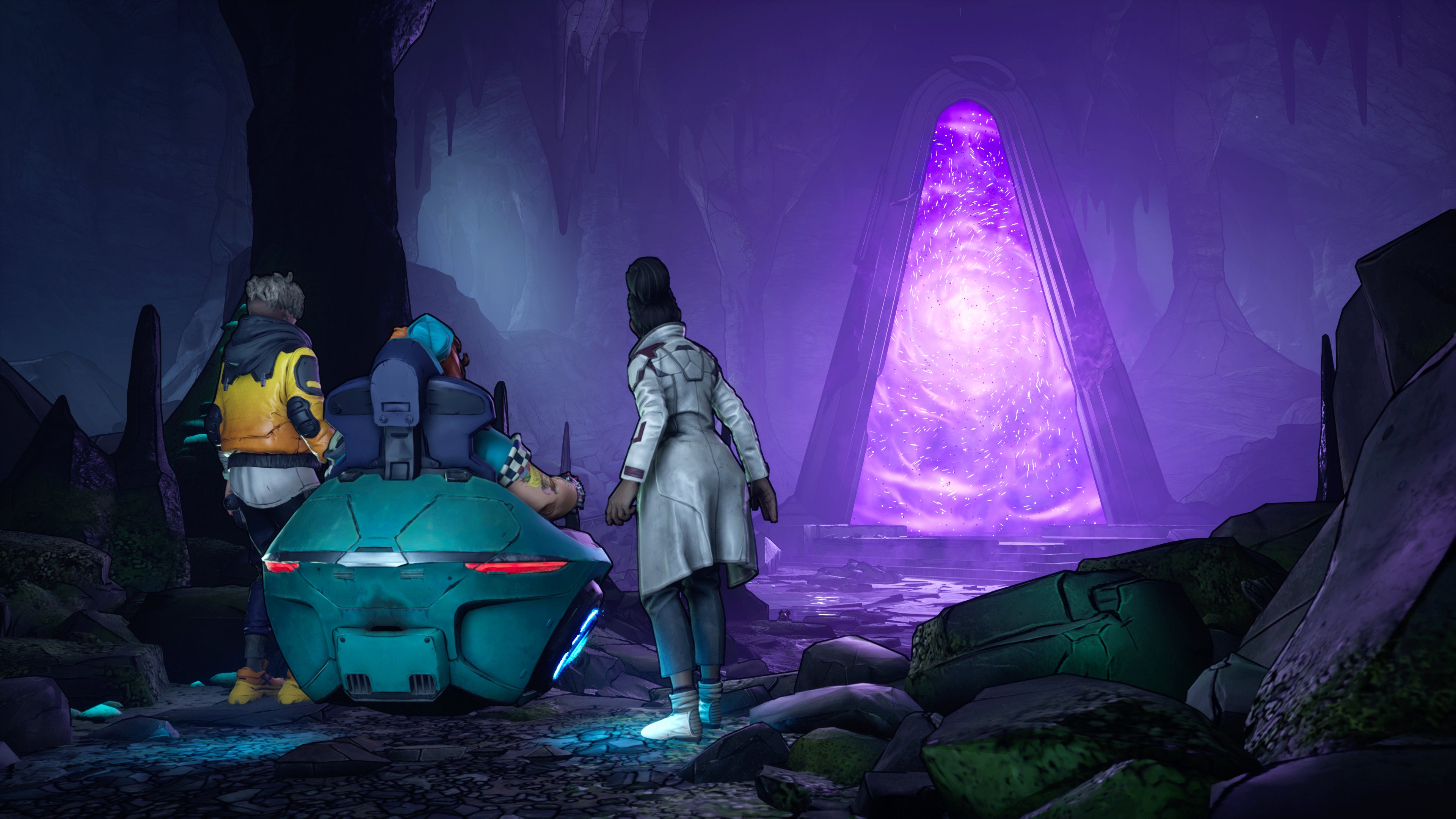The Walking Dead, Game of Thrones, Batman, The Wolf Among Us, Minecraft, Borderlands, Guardians of the Galaxy… the reign of Telltale Games, at its peak, was truly something to behold. Between 2010 and 2016, the studio churned out a number of games that defined the conversation in gaming. You couldn’t open a gaming mag (or navigate the homepage of a gaming site) without something from Telltale making itself known. Its games were everywhere, all of the time.
Until they weren’t. The studio hit critical mass, and the quality of its games suffered: from 2017 onwards, after a restructuring of the studio that affected the cadence of its releases, the studio fell from grace. In trying to recreate the magic of The Walking Dead, Telltale creatively suffocated its staff and homogenised its output. A series of gaffes soiled the company’s reputation. As quickly as the world fell in love with the studio, it forgot about it. The second season of the Wolf Among Us, as well as a planned Stranger Things game, were cancelled.
But that’s not to say there’s anything wrong with the formula: in fact, quite the opposite is true. During its height, people loved Telltale because it harkened back to an era of classic, narrative-focused adventure games. You don’t sell 28 million-plus episodes if there’s something fundamentally wrong with the way your games work, do you? To that end, you can see why Gearbox Software partnered with “key alumni” of the original Telltale Games narrative team revisit one of the most cult titles in the studio’s back catalogue: Tales From the Borderlands.
“Working with some key alumni from Telltale, you know, we spent a lot of time talking about his genre. We asked ‘how does it work? What are the best practices?’ But, also, then, we want to do something that is special and unique to Gearbox,” says Lin Joyce, head of writing at Gearbox Software. “How are we going to scaffold on to that – keep what works, push this genre forward into places it hasn’t yet been? To show what more it could do?”
Joyce tells us that, to this end, the team made some pretty big revisions to how the Telltale formula works. Perhaps the biggest change that she outlined was getting rid of the text prompt in the corner of the screen that tells you ‘[a character] will remember that’. It just didn’t fit with Gearbox’s vision – even if it is a key trope for games of this ilk.
“We went away from a dialogue from saying ‘so and so will remember that’ because we now have access to [better] technology,” says Frédéric Scheubel, producer at Gearbox Studio Quebec. “We shot everything using performance capture. So, the intention was that the impact should be felt through acting, not prompts: if you offended a friend, or if you made a friend joyful, you’ll see that through acting.”
Scheubel concedes that this means more work for the player; you need to be invested more emotionally (or at least more actively) in the game to see what impacts your choices are making, this time around. You can’t just tell an obnoxious lie and have the game say “you probably shouldn’t have done that”. You’ll need to use common sense and emotional intelligence instead.
“It gives some work to the player, to understand ‘okay, what choice did I make? And what moment will this influence?’ It’s something we’ve intentionally focused on to improve the user experience.”


And you’ll need to ask yourself this quite frequently in this, the spiritual sequel to the first Tales From The Borderlands title. You’ll control three brand-new characters to the universe; the altruistic scientist Anu, her ambitious, “streetwise” brother Octavio, and the pissed-off, capitalism-weary Fran. They’re each having the worst day of their lives, and they’re all losers. The interplay between them is central to the game – as you’d expect from a title in this genre, in this franchise – and you’ll need to manage their relationships if you don’t want to become just another dead cog in the unstoppable megacorporation machine.
New Tales From the Borderlands actually seems like a breath of fresh air for the series; by focusing on the ‘little guy’ rather than the superpowered Vault Hunter or the wise-cracking CEO sociopath, Gearbox has the opportunity to inject a bit more humanity and humility into the series – whilst still getting to pop a joke or two in that now-traditional Borderlands style.

Telltale games ran their course in the 2010s, but in discarding the tropeiest bit of the formula in favour of something altogether more human, we may just see – once again – why the genre became so influential in the first place.
New Tales from the Borderlands releases on October 21, 2022 for PlayStation, Xbox, PC, and Switch.
